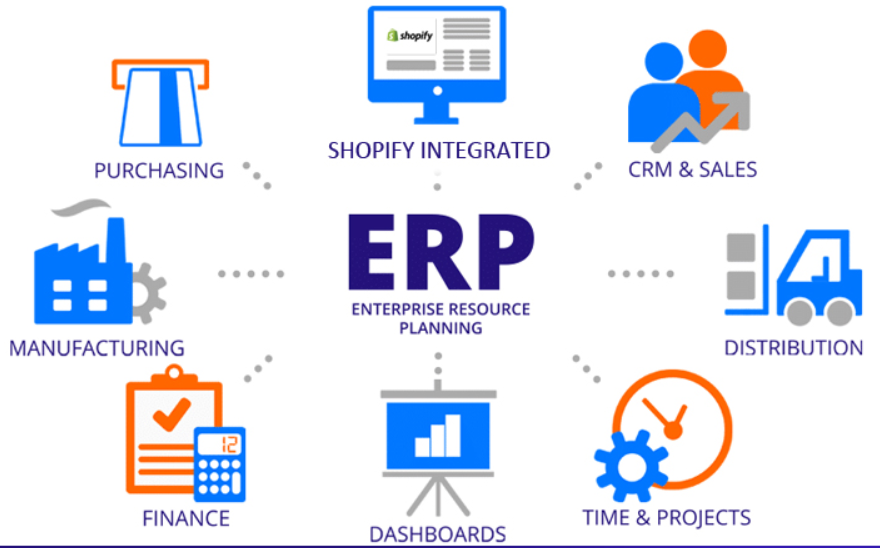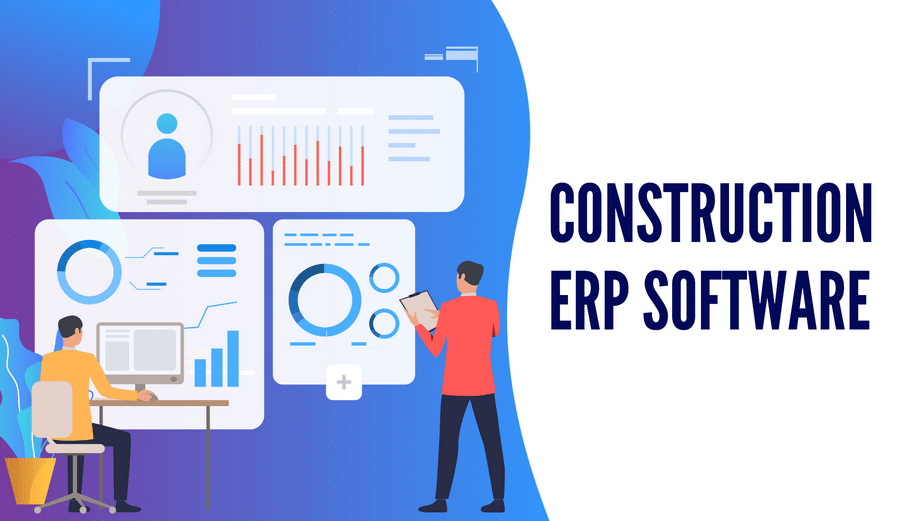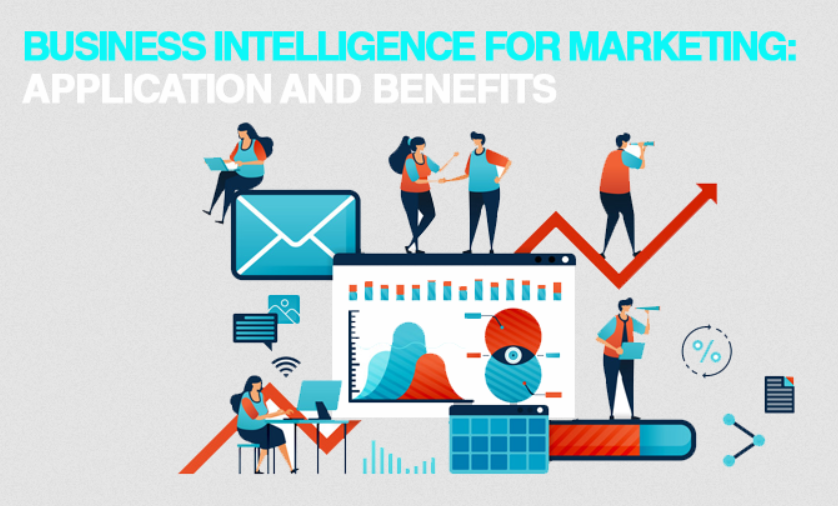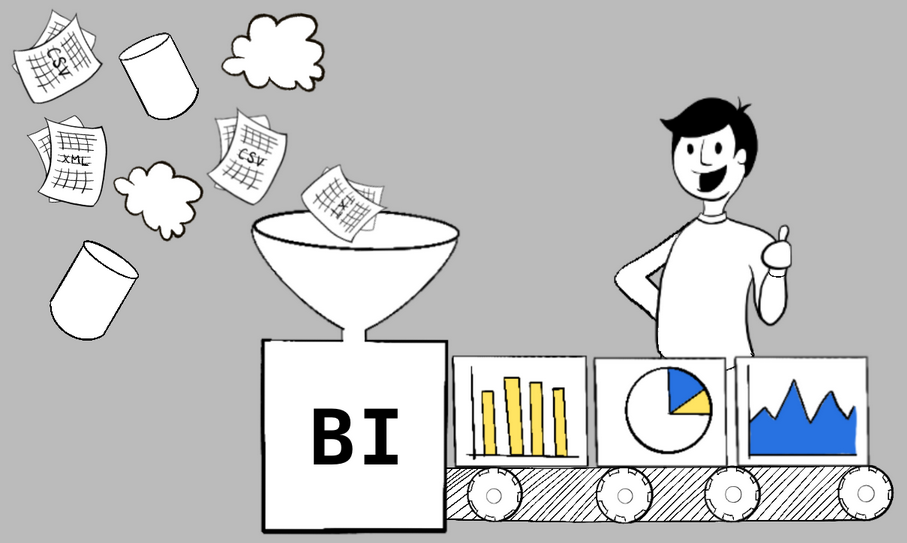Best ERP : Enterprise Resource Planning (ERP) systems have become indispensable tools for businesses across various industries. At its core, an ERP system integrates essential business processes and functions into a single platform, providing a unified view of operations.
This article explores the concept of ERP, its key features, benefits, factors to consider when choosing the best ERP, top systems in the market, successful case studies, challenges, solutions, and future trends.
Key Features of a Top ERP System
A top ERP system boasts several crucial features. Scalability ensures that the system can grow with the business, accommodating increasing data volumes and user demands. Customization options allow businesses to tailor the ERP to their specific needs, ensuring optimal performance. Integration capabilities enable seamless communication between different modules and third-party applications. Additionally, robust reporting and analytics tools provide valuable insights for informed decision-making.
Benefits of Implementing the Best ERP
Implementing the best ERP brings numerous benefits to businesses. Increased efficiency and productivity result from streamlined processes and automation of repetitive tasks. By centralizing data and standardizing workflows, ERP systems facilitate better collaboration and communication across departments. Enhanced decision-making stems from real-time access to accurate data and comprehensive analytics. Ultimately, improved customer satisfaction follows as businesses can deliver products and services more effectively.
Factors to Consider When Choosing the Best ERP
Selecting the right ERP involves considering various factors. Company size and industry requirements play a significant role in determining the suitable ERP solution. Budget constraints may dictate whether an on-premises or cloud-based ERP is more feasible. Scalability and flexibility are crucial for accommodating future growth and adapting to changing business needs. User-friendliness ensures smooth adoption and utilization of the ERP by employees.
Top ERP Systems in the Market
Several ERP systems dominate the market, each offering unique features and advantages. SAP ERP is renowned for its comprehensive suite of modules and robust functionality. Oracle ERP Cloud provides scalability and flexibility, ideal for businesses of all sizes. Microsoft Dynamics 365 integrates seamlessly with other Microsoft products, offering a familiar user experience. NetSuite ERP, now owned by Oracle, offers a cloud-based solution tailored for small to midsize businesses.
Case Studies: Successful Implementations of ERP
Real-world examples illustrate the tangible benefits of ERP implementation. Company A streamlined its manufacturing processes with SAP ERP, reducing lead times and improving production efficiency. Company B optimized its supply chain management using Oracle ERP Cloud, resulting in cost savings and better inventory management. Company C enhanced its financial reporting capabilities with Microsoft Dynamics 365, enabling accurate forecasting and compliance with regulations.
Challenges and Solutions in ERP Implementation
Despite the benefits, ERP implementation can present challenges. Resistance to change from employees accustomed to legacy systems may hinder adoption. Data migration issues, such as incomplete or inaccurate data, can disrupt operations if not addressed promptly. Comprehensive training and ongoing support are essential for overcoming these challenges and ensuring a successful ERP rollout.
Future Trends in ERP
The landscape of Enterprise Resource Planning (ERP) is continually evolving, driven by technological advancements and shifting business needs. Several trends are shaping the future of ERP, promising to revolutionize how organizations manage their resources and operations.
Artificial Intelligence and Machine Learning Integration:
The integration of artificial intelligence (AI) and machine learning (ML) technologies within ERP systems is poised to revolutionize business processes. AI-powered algorithms can analyze vast amounts of data in real-time, offering predictive insights and automated decision-making capabilities. Machine learning algorithms can learn from data patterns, optimizing processes and enhancing efficiency over time.
Cloud-Based Solutions:
Cloud computing has already transformed the ERP landscape by offering scalability, flexibility, and cost-effectiveness. In the future, cloud-based ERP solutions will continue to dominate the market, enabling businesses to access their ERP systems from anywhere, at any time. The scalability of cloud-based ERP allows organizations to adapt quickly to changing business requirements and scale their operations seamlessly.
Internet of Things (IoT) Integration:
The integration of IoT devices with ERP systems presents new opportunities for data collection and analysis. IoT sensors embedded in machinery, vehicles, and other assets can provide real-time insights into performance, maintenance needs, and supply chain visibility. By integrating IoT data with ERP systems, organizations can optimize processes, improve asset utilization, and enhance decision-making capabilities.
Blockchain Technology:
Blockchain technology holds promise for enhancing security and transparency within ERP systems. By creating a decentralized and immutable ledger of transactions, blockchain can prevent data tampering and fraud. In supply chain management, blockchain-enabled ERP systems can provide end-to-end visibility and traceability, ensuring product authenticity and compliance with regulations.
Enhanced User Experience:
Future ERP systems will prioritize user experience, offering intuitive interfaces and personalized workflows. User-centric design principles will streamline processes, reduce training time, and improve user adoption rates. Mobile accessibility will enable employees to access ERP functionalities on the go, increasing productivity and collaboration across departments.
Focus on Industry-Specific Solutions:
As businesses become more specialized, ERP vendors will develop industry-specific solutions tailored to the unique needs of different sectors. Whether it’s manufacturing, healthcare, retail, or finance, industry-specific ERP systems will offer pre-configured modules and best practices designed to address industry challenges and regulatory requirements.
Predictive Analytics and Forecasting:
ERP systems of the future will leverage predictive analytics and forecasting capabilities to anticipate future trends and market demands. By analyzing historical data and market indicators, ERP systems can generate accurate forecasts for inventory management, sales projections, and resource allocation. Predictive analytics will enable businesses to make proactive decisions and stay ahead of the competition.
Conclusion
In conclusion, ERP systems play a vital role in modern business operations, offering a centralized solution for managing resources and optimizing processes. Businesses must carefully evaluate their needs and choose the best ERP system that aligns with their goals and objectives. By leveraging the features and benefits of ERP, organizations can gain a competitive edge and thrive in today’s dynamic marketplace.
FAQs (Frequently Asked Questions)
What is ERP, and why is it important for businesses?
ERP stands for Enterprise Resource Planning, and it’s crucial for businesses because it integrates essential processes and functions into a unified platform, enhancing efficiency and productivity.
How do I know which ERP system is best for my company?
Assessing factors such as company size, industry requirements, scalability, and budget can help determine the best ERP system for your company.
What are some common challenges in ERP implementation?
Resistance to change, data migration issues, and lack of comprehensive training are common challenges in ERP implementation.
What are the key features to look for in a top ERP system?
Scalability, customization options, integration capabilities, and robust reporting and analytics tools are key features of a top ERP system.
What are the future trends in ERP technology?
Future trends in ERP include the integration of artificial intelligence, machine learning, cloud-based solutions, and IoT integration for enhanced functionality and efficiency.



